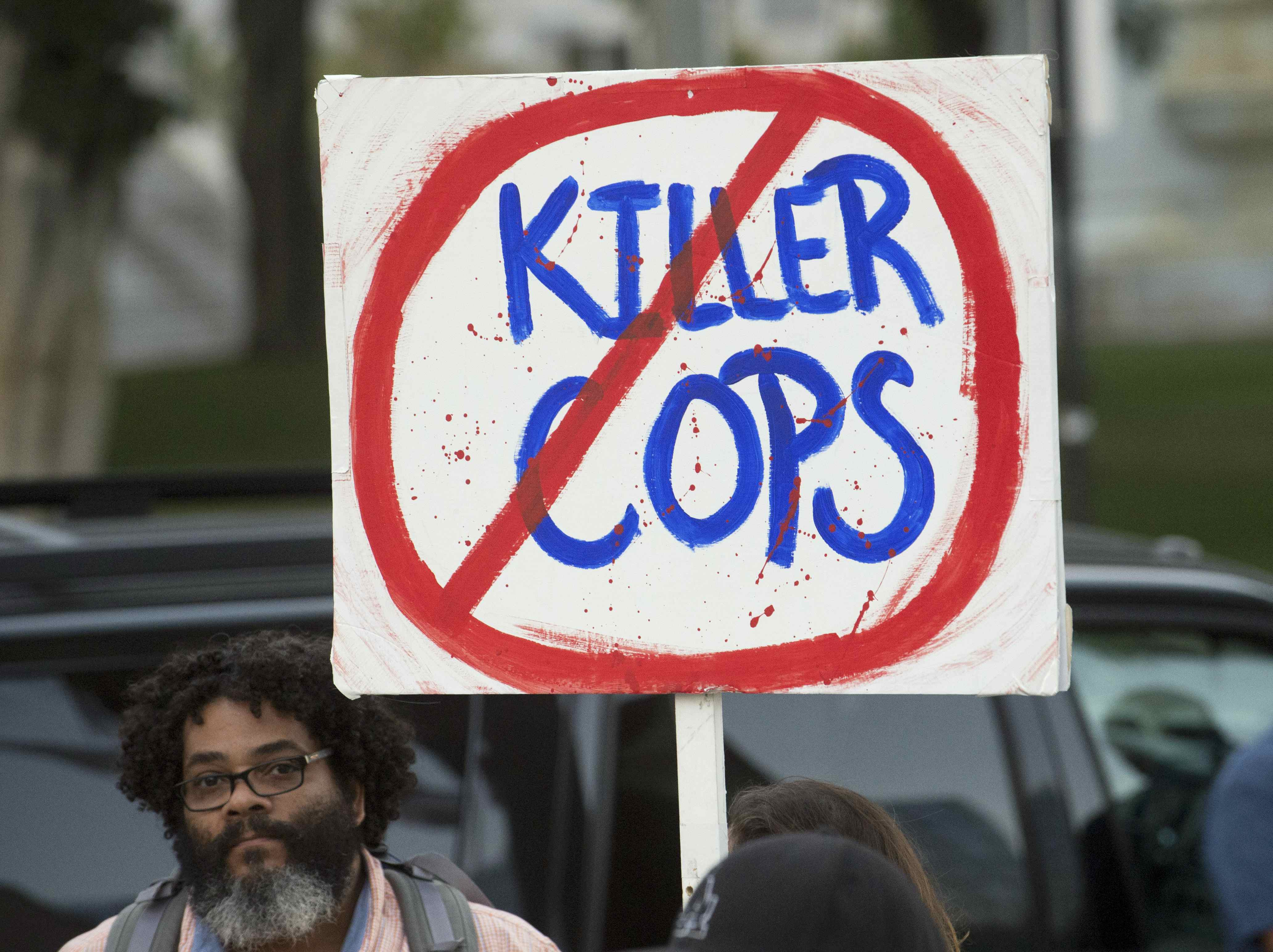Nabi Smoking Vaccine
By Mike Musgrove, Washington Post Staff Writer
 |
| CEO Raafat Fahim, of Nabi Pharmaceuticals. |
Smokers have tried a long list of ways to quit: cold turkey, counseling, gum, patches and more.
Now, a small Rockville company is hoping it can make millions of dollars by creating a vaccine for people who want to kick the habit. Nabi Biopharmaceuticals, which is in the late stages of testing its experimental vaccine, called NicVax, took a big step toward its goal last week by striking a deal with pharmaceutical giant GlaxoSmithKline.
Under the agreement, GlaxoSmithKline will pick up the cost of developing and marketing the vaccine if Nabi successfully completes the Phase 3 trials now underway.
“GSK is one of the preeminent pharmaceutical companies with worldwide commercialization reach,†Raafat Fahim, Nabi president and chief executive, said in a conference call with investors last week. “GSK has particular strength in the development and marketing of both vaccines as well as smoking-cessation therapies.â€
For many years, the standard treatment for breaking a smoker’s dependence on nicotine has been patches or gum that contain declining dosages of the substance in an effort to wean addicts off their dependence.
Nabi’s experimental vaccine, a decade in the works, tries a more direct approach: It shuts down nicotine’s access to the brain. Smokers may light up a cigarette while on NicVax, but if the drug works as intended, they won’t feel any of the stimulating effects they crave from nicotine.
NicVax causes the immune system to create antibodies that bond with the nicotine molecule if it enters the bloodstream. The result is a molecule too large to pass along to the brain. In short, the vaccine seeks to make the body immune to nicotine.
If smokers can’t get a buzz from lighting up a cigarette, the thinking goes, there’s no reason for them to continue the habit. Since the antibodies created by NicVax stay in the body for a long period of time, the chances of a smoker quickly returning to the habit are low.
“It breaks the cycle of addiction,†Fahim said.
So far, the vaccine has completed its early and middle rounds of testing. The company plans to have the results of its recently commenced final round in 2011.
“At first blush, it sounds crazy,†said Norman H. Edelman, chief medical officer of the American Lung Association. After all, creating a vaccine against a small nicotine molecule is a large challenge, he said, “but it’s not beyond the realm of belief.â€
Cheryl Healton, president and chief executive of the American Legacy Foundation, a public health nonprofit, said it’s the long-term effects of NicVax as a smoking cure that make it revolutionary. Smokers don’t usually quit successfully on the first try — on average there are eight to 11 failed attempts, she said.
Under the terms of the deal with GlaxoSmithKline, Nabi will receive $40 million initially for the exclusive worldwide licensing rights to the drug. The company stands to make as much as $500 million from the deal with GSK if the company meets a number of developmental and marketing milestones in the coming years.
That figure doesn’t include double-digit royalties the company would earn if the product makes it to market. An estimated 45 million people in the United States are smokers.
“Needless to say, I’m very pleased with the agreement with GlaxoSmithKline, which provides not only for the development and potential commercialization of NicVax, but also for the development of its second-generation nicotine vaccines,†Fahim told investors.
David Moskowitz, an equity analyst with Caris and Co., said the new anti-smoking drug Chantix, which entered the market in 2006, is already worth about $800 million in sales.
“There is a large opportunity in the smoking-cessation market,†he said. The GSK deal for NicVax is a good one, he said, because the new partner has “deep enough pockets to maximize its value.â€
Nabi isn’t the only firm trying to defeat the smoking habit with this type of vaccine, but it appears to have a head start on the competition, said Stephen Dunn, managing director of life science research at Jesup & Lamont.
An experimental drug from Swiss pharmaceutical firm Novartis and Cytos Biotechnology recently failed a middle round of testing, casting doubts on whether it will reach the market.
And the market remains quite large. While the percentage of adults who use tobacco has been on a steady decline over the past few decades, recent years have seen that trend flatten out. Last year, the Centers for Disease Control and Prevention found that 20.6 percent of U.S. adults count themselves as smokers, a figure that’s virtually unchanged since 2004, when it was 20.9 percent.
Edelman said there are about seven products on the market to combat smoking; most of them are nicotine-delivery devices, such as gum or patches.
“We don’t have an ideal pharmaceutical yet,†Edelman said. After all, “if one was superior to the others, we wouldn’t have all those others out there.â€
11-50












2009
989 views
views
0
comments